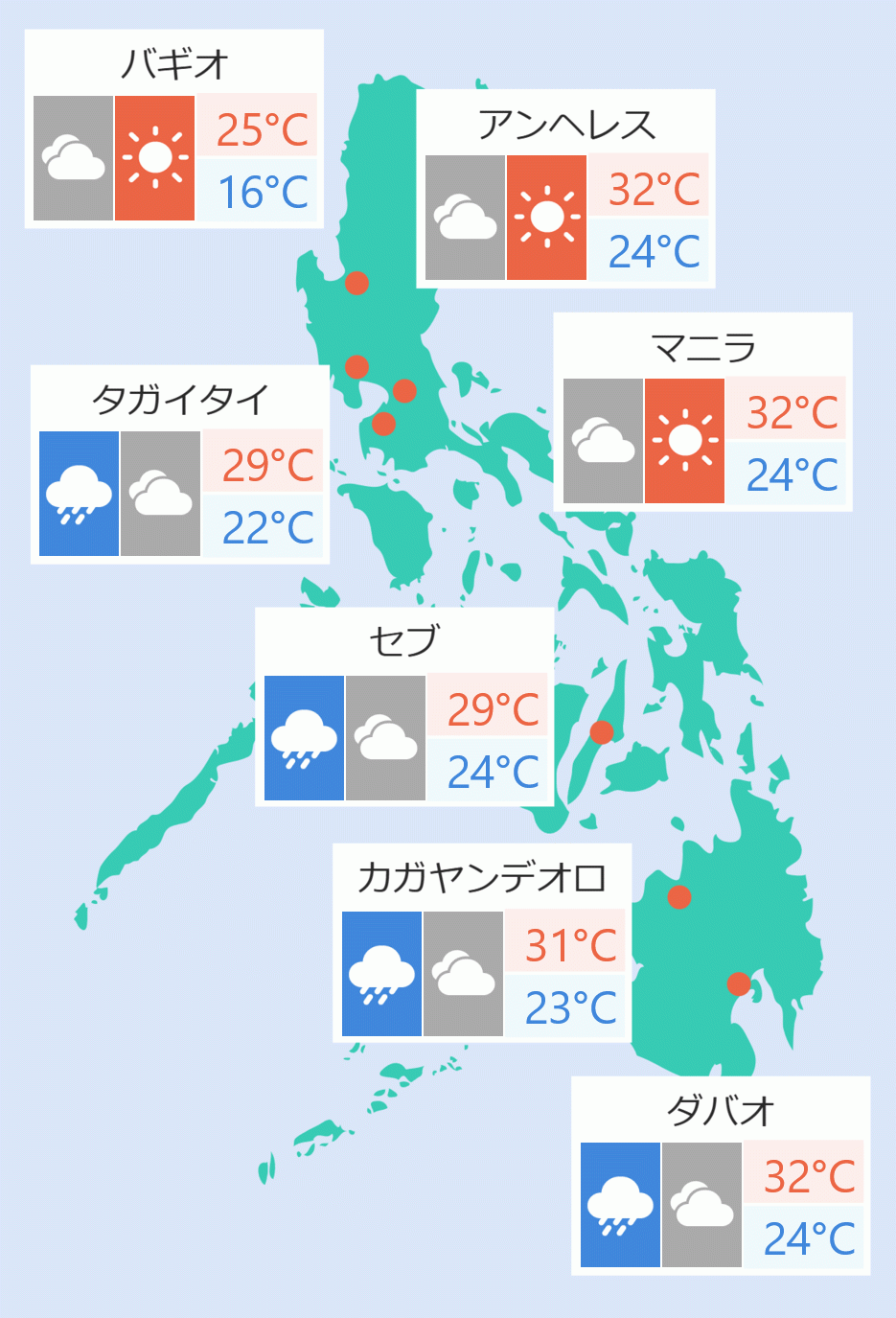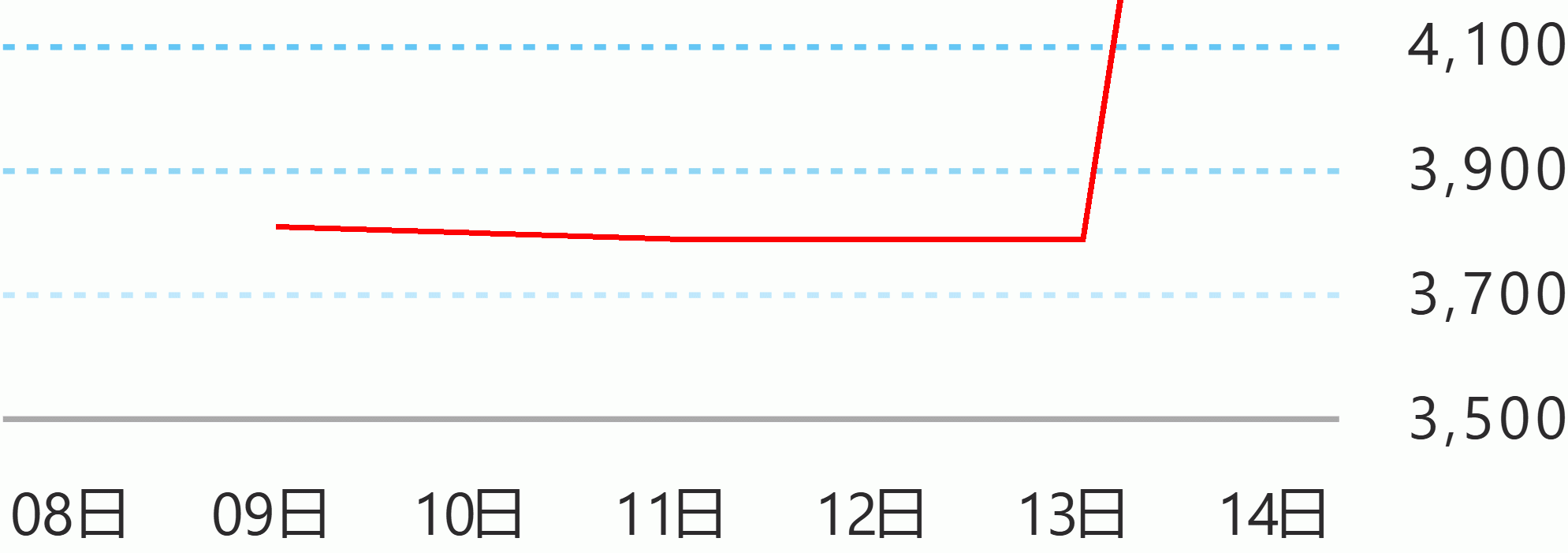Malacanang said on Thursday that it regrets the decision of Malaysia to ban the entry of Filipinos as part of its measure to curb the coronavirus pandemic.
In a televised press briefing, Presidential Spokesperson Harry Roque, however, said the Palace respects Malaysia's decision.
"That's a sovereign decision (as to) who will be allowed to enter one's territory," he said.
"I'm not saying we're happy. I'm saying that we regret the decision but we respect the sovereign decision of Malaysia," Roque added.
Aside from Filipinos, Malaysia will also block entry of Indians and Indonesians starting Monday.
According to reports, the restrictions will affect those with long-term passes, students, expatriates, permanent residents as well as family members of Malaysians.
Malaysia has also extended the ban on foreign tourists until end of the year.
The Philippines has the highest number of COVID-19 in Southeast Asia followed by Indonesia. The coronavirus has infected nearly 4 million in India.
Meanwhile, in the same press briefing, Roque expressed belief that medical frontliners, such as nurses, are receiving "good package" here in the country.
He made the statement following a research conducted by data aggregator iPrice Group, disclosing that nurses and medical technologists in the Philippines get lowest compensation among their peers in Southeast Asia, such as those from Vietnam, Singapore, Indonesia, Thailand, and Malaysia.
"I'm not sure if that report is true but under the Bayanihan II, we're giving additional hazard allowance to our frontliners. We also give them free board, we give them free life insurance and they have also free (coronavirus disease) tests. So, I think, we have good package being given to our frontliners," he said.
But if the Filipino nurses, particularly those in government, have really the lowest salary among its Southeast Asian counterparts, Roque said there is a need to reclassify nurses under the government's Standardization Law by placing them in a higher salary grade.
"As to the (nurses) in the private sector, that can be determined through free market. Now that many nurses want to leave, perhaps the private hospitals will offer higher salary to encourage the nurses to stay in the Philippines," he said. Celerina Monte/DMS





 English
English









